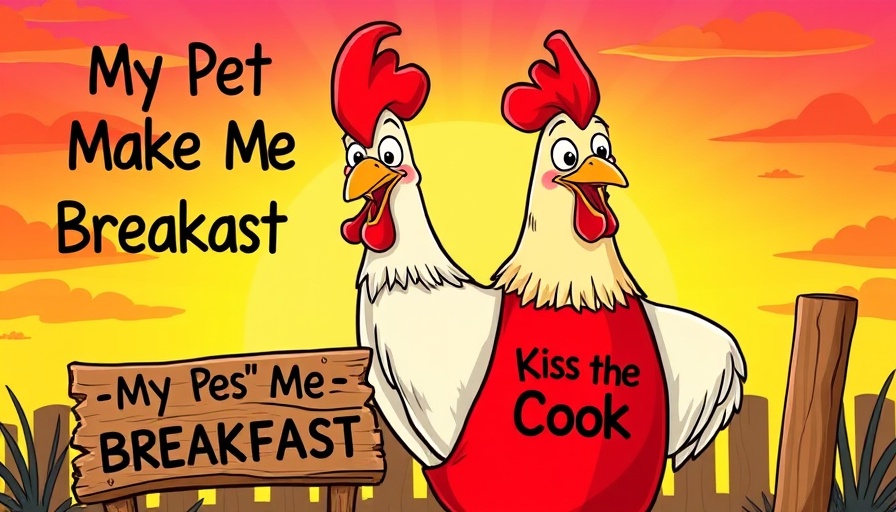
Challenging Traditional Nutritional Beliefs in Avian Care
Recent advancements in avian nutrition research have revealed findings that contradict long-standing views within the veterinary community and among bird enthusiasts. Notably, what many traditionally regarded as essential components of a balanced diet may not be as beneficial as once thought. Such revelations come after extensive studies examining the nutritional needs of various bird species.
Insights from New Research on Avian Diets
The latest studies argue that certain grains, previously viewed as staples, may not support optimal health in birds. Nutritional scientists have identified that reliance on these traditional components might be linked to common health issues seen in avian populations, prompting reconsideration of dietary guidelines. This suggests a possible need for a shift towards more diverse and sustainable feeding practices that better reflect the natural diets of different species.
A Call for a Paradigm Shift
With the challenge to established norms, avian veterinarians and caretakers are encouraged to adapt their feeding practices. The focus should shift towards incorporating a wider variety of proteins, vitamins, and minerals that mirror what birds would consume in the wild. As specialists emphasize the importance of tailored diets, understanding the nutritional impact on avian health becomes paramount for both pet owners and rescue organizations.
Looking Ahead: Promoting Avian Health
The direction of future research in avian nutrition could meaningful benefits for bird health and longevity. As evidence emerges advocating for these new dietary insights, it will be crucial for aviculturists to stay informed and adjust feeding strategies accordingly. By embracing these changes, we have the potential to enhance the nurturing of our feathered friends with more varied and holistic dietary options.
 Add Row
Add Row  Add
Add 




Write A Comment